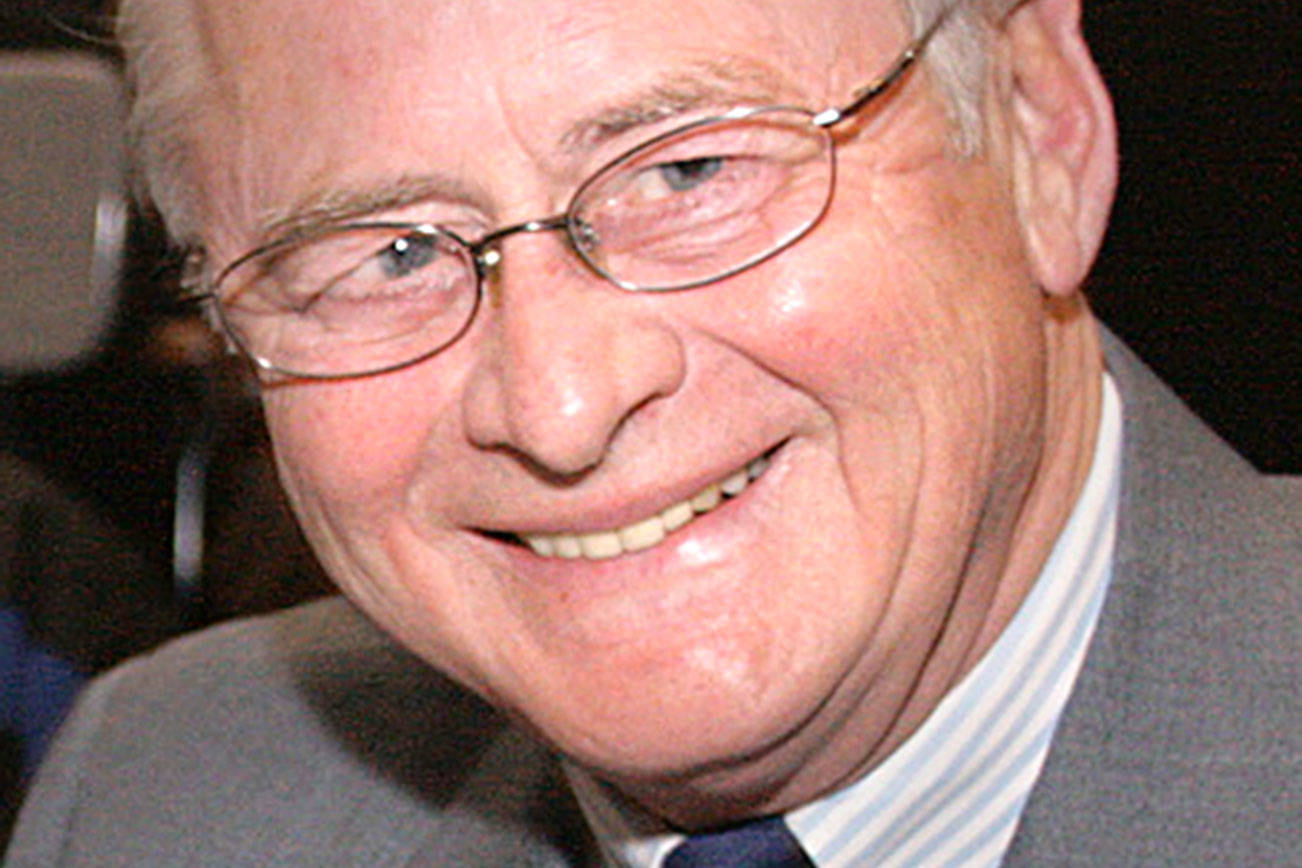There isn’t much positive about what we have all been through the last year with the coronavirus.
But a couple of areas should be at the top of the list for our appreciation. One is scientific experts and their work on the vaccines. Another is that we have a much better understanding of what, and who, are essential to the work force.
We already know that doctors and nurses are essential and we have generally appreciated them. But many citizens have walked past grocery store workers without a thought to how hard they work, how low they are paid, and how much stress they would be under during a pandemic. This past year, we have really counted on them to restock the shelves at night when we are safe at home, or know the answer to where something is located when we are in a hurry.
Grocery workers can’t work from home and have continued to go into the busy stores even before most people were regularly wearing masks. We have taken them for granted, and we shouldn’t.
There is a political movement now to support them by asking city councils to pass an ordinance requiring these grocery workers’ companies to pay them another $4-$5 per hour for hazard pay in addition to their regular pay, if they work for a large grocery chain.
Many cities including Seattle, Burien, Olympia, Bellingham and Edmonds, along with King County in the unincorporated areas, have passed such policies and others are studying the issue. The Pierce County Council with four Democrats passed the policy 4-3. But Republican Pierce County Executive Bruce Dammeier vetoed it and an override takes five votes, which is not likely.
Cities have limited the policy to only large stores with hundreds of employees and have excluded most of the smaller stores and 7-Elevens where gas is the main product. The tone was set by other chains such as Costco and Trader Joe’s that voluntarily paid the employees for their loyalty and the risk they were taking after the governor declared a state of emergency. The cities mandating the stores to pay their employees have a clause that stops the requirement when the governor lifts the state of emergency.
The movement, while started by companies who wanted to show their employees their appreciation, has now become a part of the grocery workers’ union workload. UFCW, which represents hundreds of grocery workers and retail, has taken leadership on what has become a significant political debate. The union stance is that large companies are making millions during the pandemic and the employees should make some of that as well. Some of the large corporations, while not wanting to offend their employees, have still opposed the government’s authority and have tried to talk the jurisdictions out of passing the ordinance or making it for less money. While the businesses know mayors and council members are in a difficult situation with their local constituents, the situational politics remain.
All local government, cities and counties have elections this year. Unions offer endorsements and donations. Many grocery workers are voters and have testified at council meetings, adding to the pressure.
In one example, the Kent City Council has turned down the concept requiring the large stores to pay their employees hazard pay. Some council members questioned if that was an appropriate role for the city, describing it as a slippery slope. And what about other workers and other businesses? Lastly, should government insert itself into the employer-employee relationship? The Auburn City Council has raised several questions and wants a staff report by May 10 and a possible vote by May 17.
In Federal Way, the city council, rather than approve a $4-$5 an hour pay increase, substituted $3 an hour for the mayor’s recommended $2.50 as a compromise between the stores’ management and their employees. However, they continued the concept of including more stores and as many grocery workers as possible as the mayor recommended. The intent is to add a separate grant program that smaller stores could apply for with the city using federal money from the American Rescue Act as grant funding. Like Auburn and Kent, Federal Way councilmembers had many unanswered questions, but wanted to do something to help the grocery workers and approved an emergency clause so the law will take effect quickly. They will review the program in 60 and 90 days to determine if it should continue.
No one knows how long this pandemic will continue or how long the governor’s order will stay in place, but it may be a while and there are still almost 300 cities and several counties to put political pressure on for hazard pay. Is this how the public wants its money spent? How else could that federal money be spent?
If we have learned anything this year, it is that there are a lot of people in each community that we should honor and appreciate for their hard work. Unfortunately it has taken a pandemic to get us to notice. If not grocery workers, who would be your choice to receive hazard pay?
Federal Way resident Bob Roegner is a former mayor of Auburn. Contact bjroegner@comcast.net.
Talk to us
Please share your story tips by emailing editor@kentreporter.com.
To share your opinion for publication, submit a letter through our website https://www.kentreporter.com/submit-letter/. Include your name, address and daytime phone number. (We’ll only publish your name and hometown.) Please keep letters to 300 words or less.

